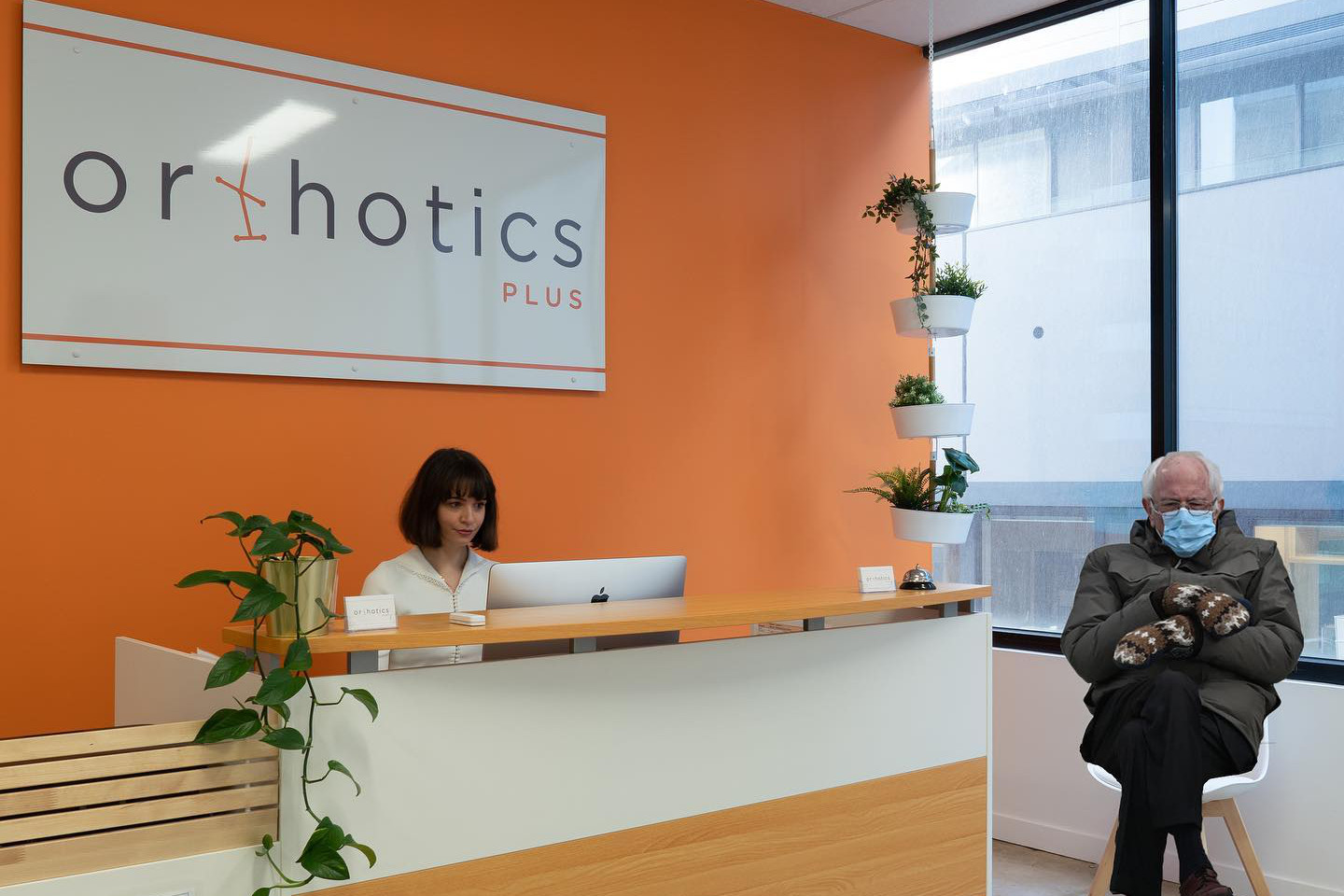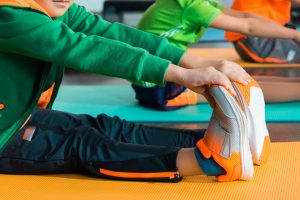What is Developmental Delay?
Developmental delay presents in early childhood and is characterised by delays in physical capacity, speech, cognition, emotionality and socialisation relative to children of their age.
Developmental delay is not a singular physical or neurological condition, rather a term for a group of disabilities that result in impairments for paediatrics.
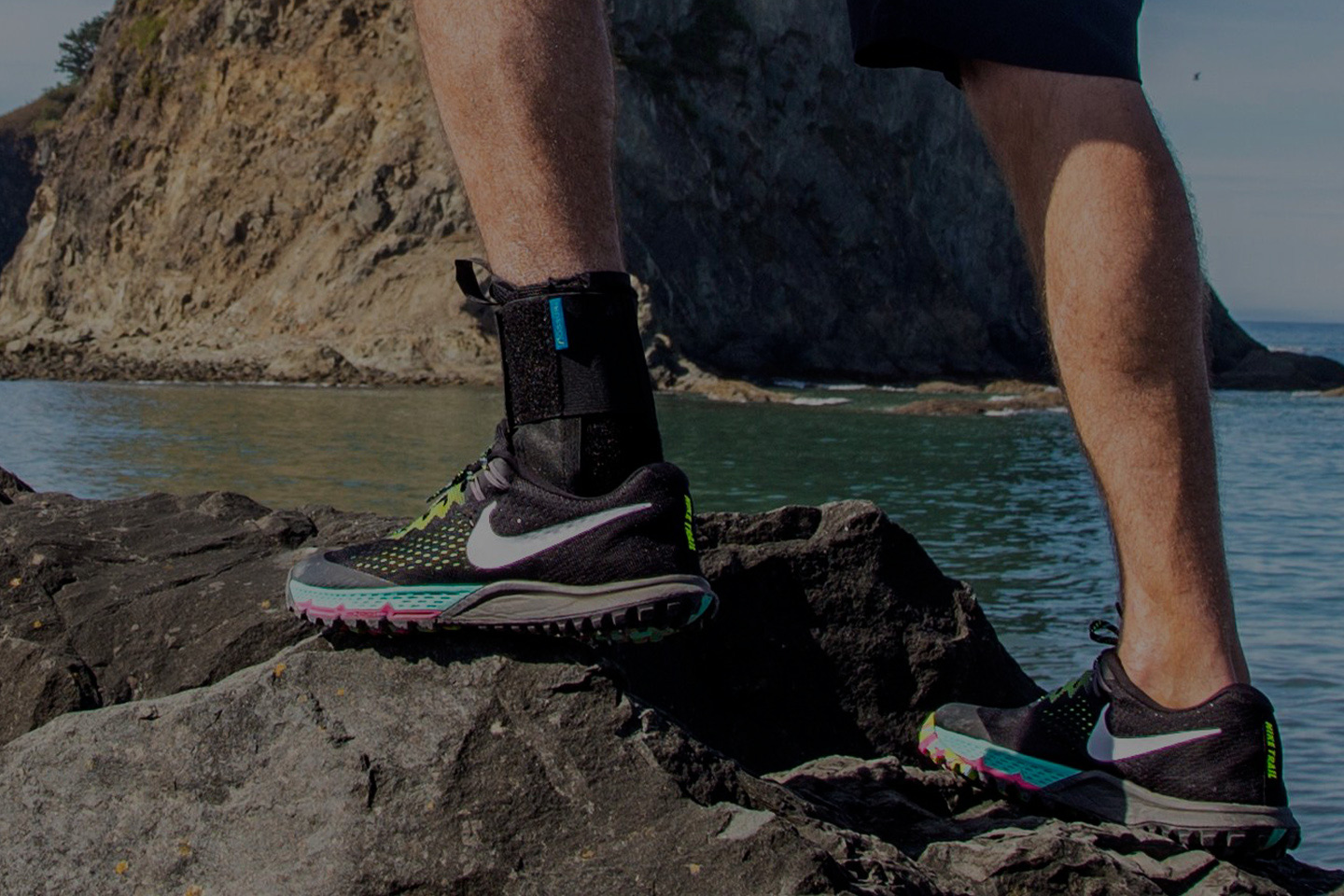
How Orthotics Plus Assists with Developmental Delay
Orthotics Plus takes part in early intervention. Orthotics Plus is contactable by parents and referring organisations. We perform an initial assessment of:
- Posture
- Walking
- Standing/balance
- Strength testing of the lower limbs
We will determine clinically appropriate courses of treatment (healthcare pathways, equipment to trial) for the patient and discuss this with the family.
The ideal outcome is to improve posture/alignment of the lower limb which can facilitate improvements such as improved weight-bearing, improved strength and capacity for enjoyable activities such as play/recreational activities.
At Orthotics Plus, our goal is to help the child rehabilitate as effectively as possible and ideally develop enough physical capacity so that Orthotics/equipment may no longer be needed.
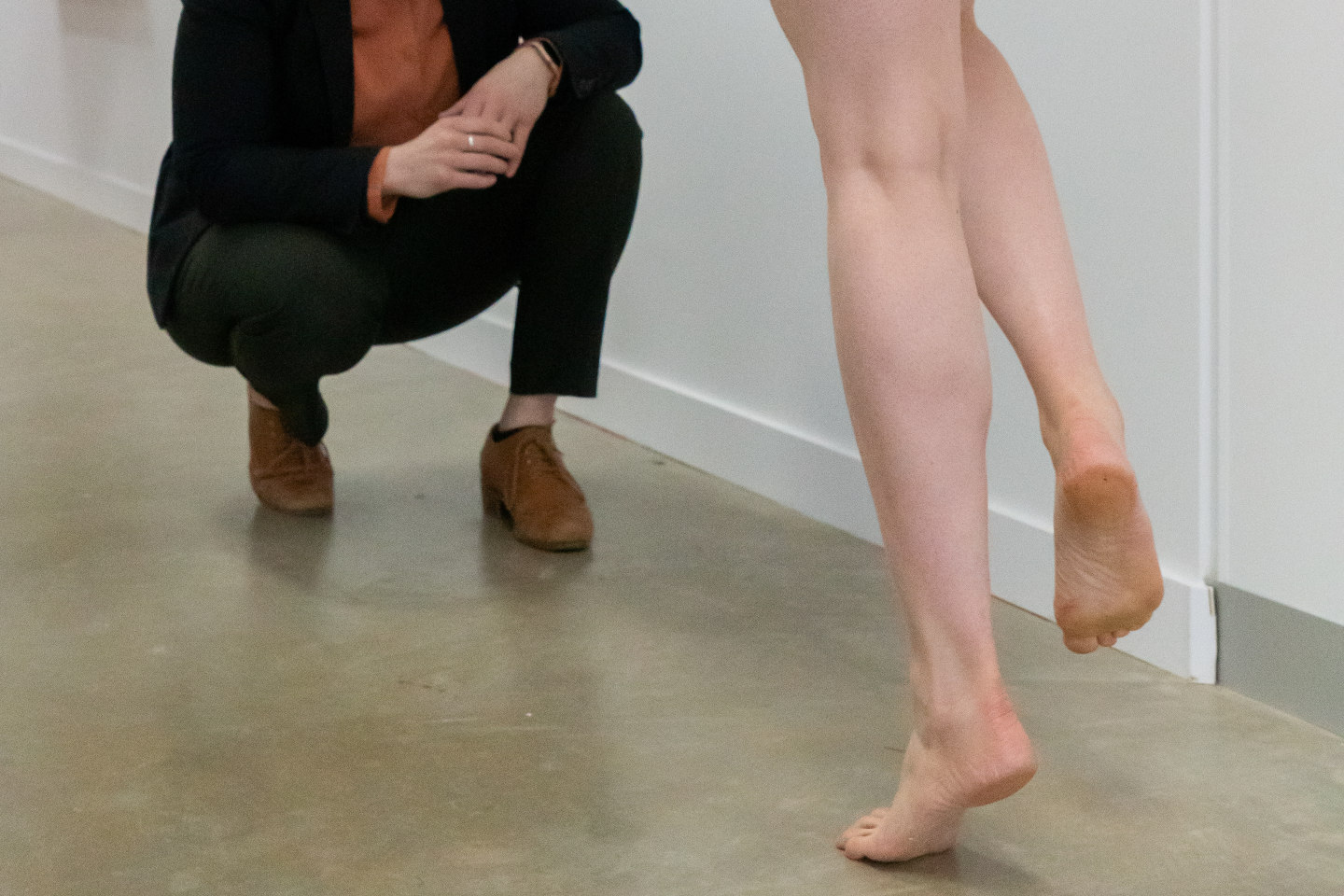
Who is Affected by Developmental Delay?
In Australia, children’s developmental milestones is information released by the Australia Children’s Education & Care Quality Authority.
In 2018, an estimated 4.5% (or around 211,200) children aged 0–14 had a profound or severe disability. Generally, this was more likely among boys than girls—3.3% of boys aged 0–4 had a profound or severe disability compared with 1.5% of girls aged 0–4
Prior to and after birth, parents are guided by maternal health nurses and pediatricians. Parents may be referred to, or seek, relevant specialists in their field.
The developmental guidelines (listed above) provide recommendations on when to seek professional help.
Care planning
Parents should work with Allied health professionals to formulate long term care planning.
Parents should research relevant funding to support their child, namely:
- NDIS early childhood interventions (Ages under 7)
- NDIS funding for older children, teenagers and adults
Orthotics Plus works with all ages of NDIS participants. Learn more about our NDIS services here.
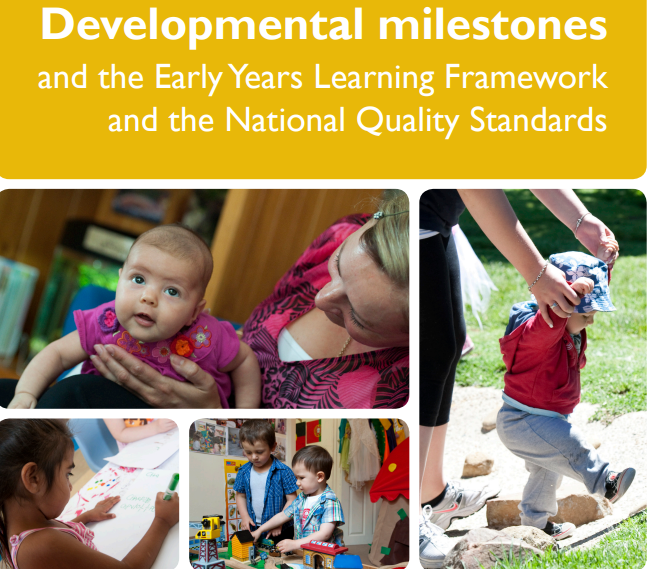
Symptoms
As developmental delay is an umbrella term, there are varied symptoms. Orthotists are well placed to assist with
- Overly flexible joints due to lower muscle tone (i.e. a lax foot)
- Significant overpronation of the foot and ankle (looks like the foot is rolling easily or the child stands on the inside of the foot without contact from the outside)
- Knee hyperextension
- Lack of coordination and/or motor skills
- Muscle weakness resulting in instability/falling often
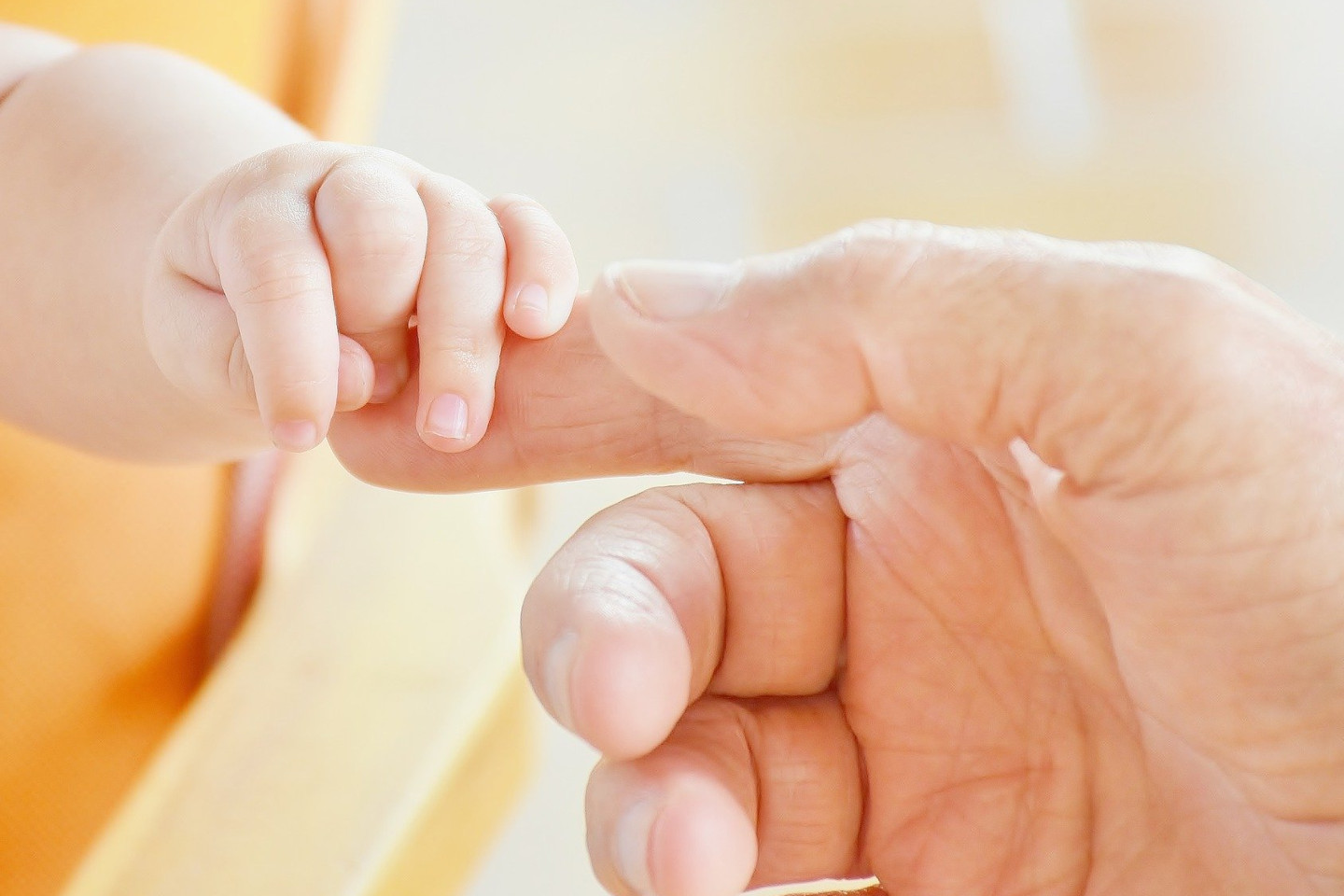
Orthotic Prescriptions for Developmental Delay
Foot orthotics – Typically recommended for mild to moderate overpronation and foot rolling
Supramalleolar Orthosis (SMO) – For significant overpronation or rolling and no contact with the outside foot to the ground.
Solid AFOs – For significant overpronation. Knee or standing instability, or hyperextension.
Hinged AFOs – Similar symptoms to solid AFOs but with added control of the knees and support for walking.
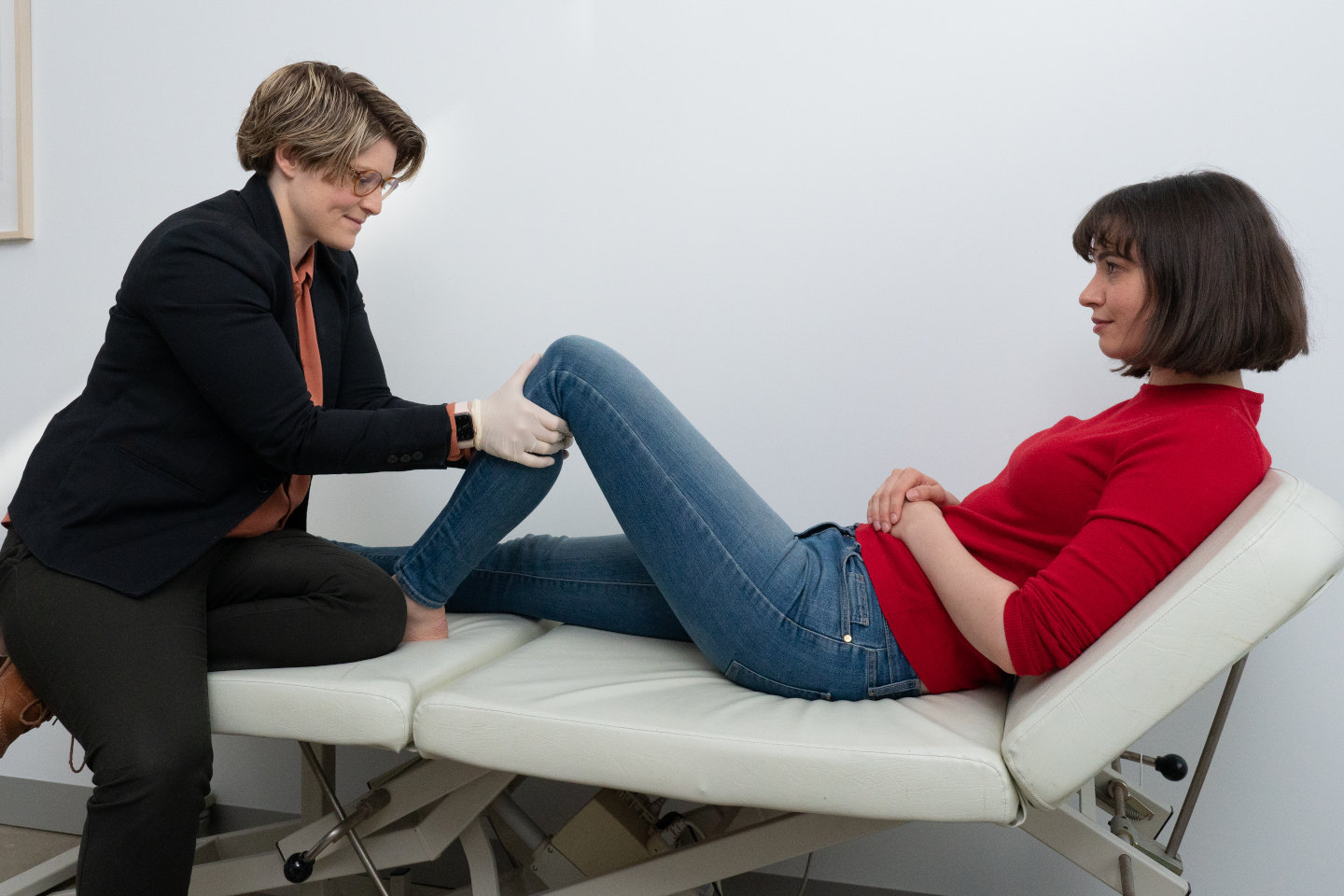
Working with Non-Verbal Patients
Parents will attend appointments to provide consent with their children.
We understand that medical appointments can be confronting or difficult, so we do our best to help the child feel safe and make the assessment a fun process.
We are able to perform much of our assessment through observation, this is namely looking at:
- Guarding
- Pacing
- Reluctance to move
- The patient touching a body area
- Facial or respiratory response
We will do our best to make the assessment comfortable for everybody involved.
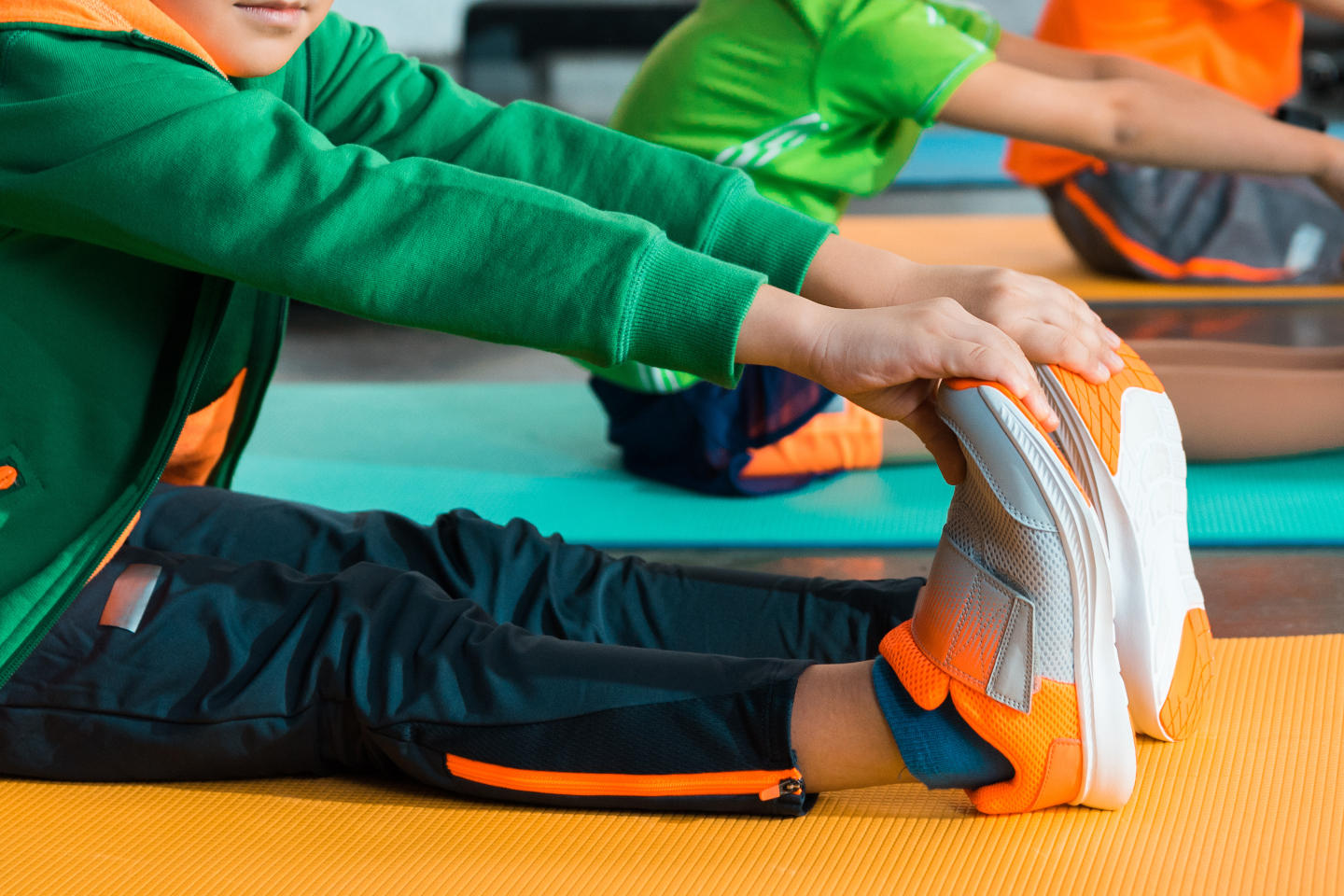
Working with Parents
We work with the parents of the children and are there to provide all the possible options as well as answer any questions they may have. We also provide them with guidelines and training regarding equipment.
Orthotics are a conservative solution and often span many months/years. Rehabilitation is gradual and requires patience.
Fitting the device
We educate parents or caregivers on how to fit the devices correctly.
We provide relevant information such as how to manage blistering/skin conditions and how to adjust the equipment as needed.
Patient compliance
It’s important that the patient is compliant to wear their supports.
We try our best so that the Orthoses are personalised to the patient (such as choosing colours and patterns) as this helps to encourage patients to use them on a consistent basis.
Importantly, each patient should feel that their Orthoses are part of achieving their meaningful goals.

Feedback
We welcome feedback throughout the entire process, this may be from parents or other medical professionals.
Feedback is an opportunity to help us provide the best possible service.
Contact Orthotics Plus
Orthotics Plus is an NDIS registered company that is appropriate to consider for paediatric patients.
- We employ paediatric specialists
- We do not over-manage our patients
- We have multiple clinics in Melbourne
- We are Australian owned and operated
Please use our clinic locations page to start the process of working with us.
